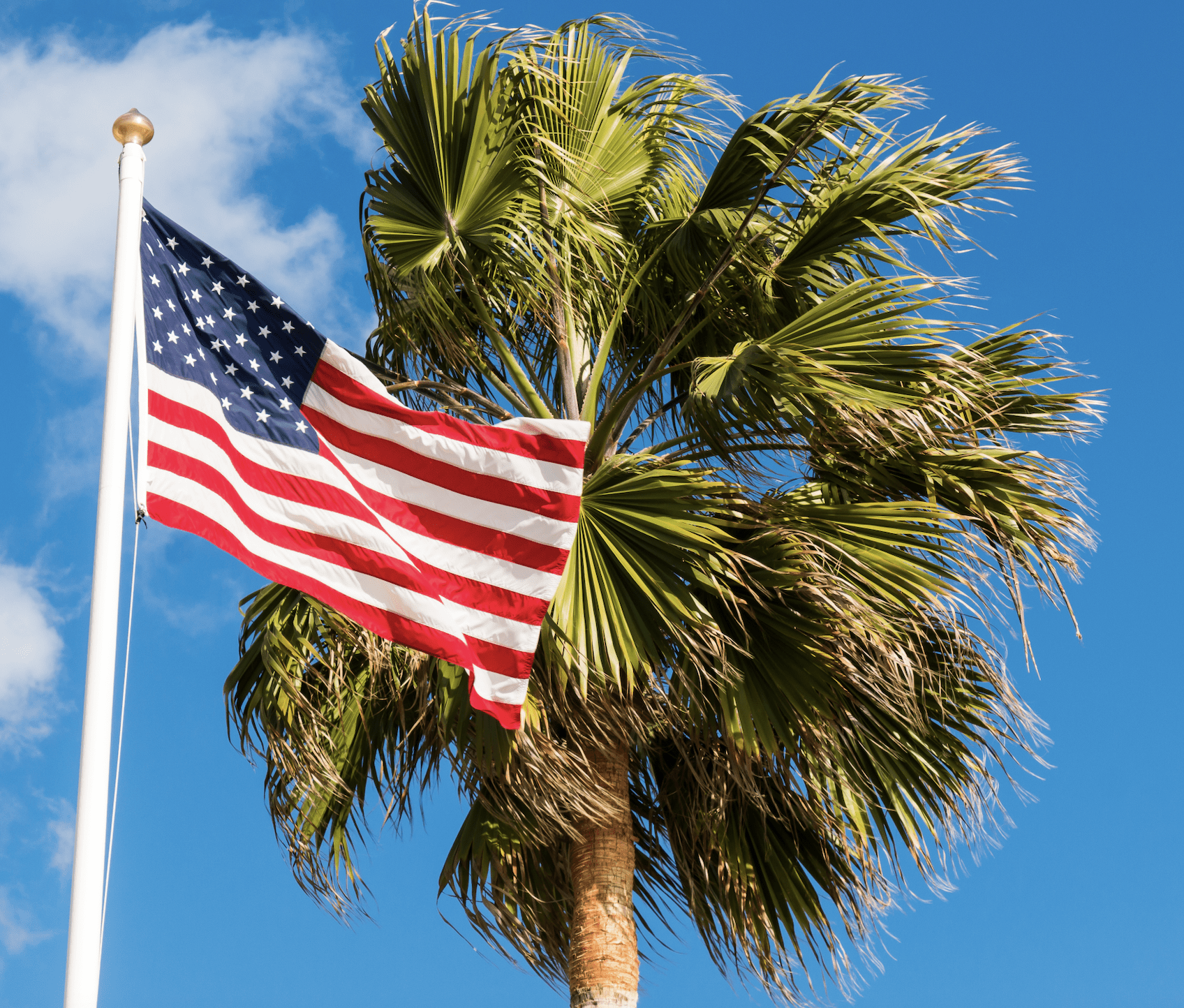
The U.S. Supreme Court will not hear the case of Puerto Rican teachers against cuts to their retirement system, nor, through it, review the Insular Cases that outline U.S. federal and territorial relations.
The announcement came Monday. As is customary, the Court did not issue any statement giving its reasons for declining to take up the Puerto Rico case.
The lower court decision now stands in the case of Federacion de Maestros de Puerto Rico, Inc. v. Financial Oversight and Management Board for Puerto Rico.
The First Circuit Court of Appeals ruled earlier this year that public school teacher associations in Puerto Rico had to accept the changes made to their retirement system under a federally imposed economic oversight board known as PROMESA.
The news was disappointing for advocates who had hoped the case would become a way for the Court to reconsider and overturn the Insular Cases, a set of decisions in several individual court cases from the early 1900s which, taken together, helped establish the federal government’s relations with newly acquired off-shore territories, including Puerto Rico and the U.S. Virgin Islands.
“Next year marks the 125th anniversary of the United States having formal overseas colonies, yet the Supreme Court continues to avoid answering whether the colonial framework established by the racist Insular Cases remains ‘good law,’” according to Neil Weare, president and founder of Equally American, an organization promoting equality and civil rights in the territories.
This is the second time in two months that the Court has declined to take up a case that proponents tried to tie to the Insular Cases. Weare represented the plaintiffs in the case of Fitisemanu v. United States, which involved the issue of birthright citizenship.
Residents in most of the territories are U.S. citizens because of an Act of Congress. Those in American Samoa are not citizens unless they are naturalized. But residents of the states are U.S. citizens automatically under the U.S. Constitution.
Weare and other advocates say the unequal treatment of residents in the territories reflects racist attitudes of 100 years ago.
In a press release, he said the Court’s decision to deny review “follows statements made by Justices Neil Gorsuch and Sonia Sotomayor earlier this year in U.S. v. Vaello Madero calling on the Supreme Court to overrule the Insular Cases in ‘an appropriate case.’ Justice Gorsuch declared that the Insular Cases ‘rest on a rotten foundation’ and Sonia Sotomayor called the Insular Cases ‘odious and wrong.’”
Apparently, the Court has yet to find the “appropriate case” to serve as a catalyst for reviewing the Insular Cases.
For Weare, “It is increasingly clear not only that the United States has a colonies problem, but that it stubbornly refuses to recognize it.”





